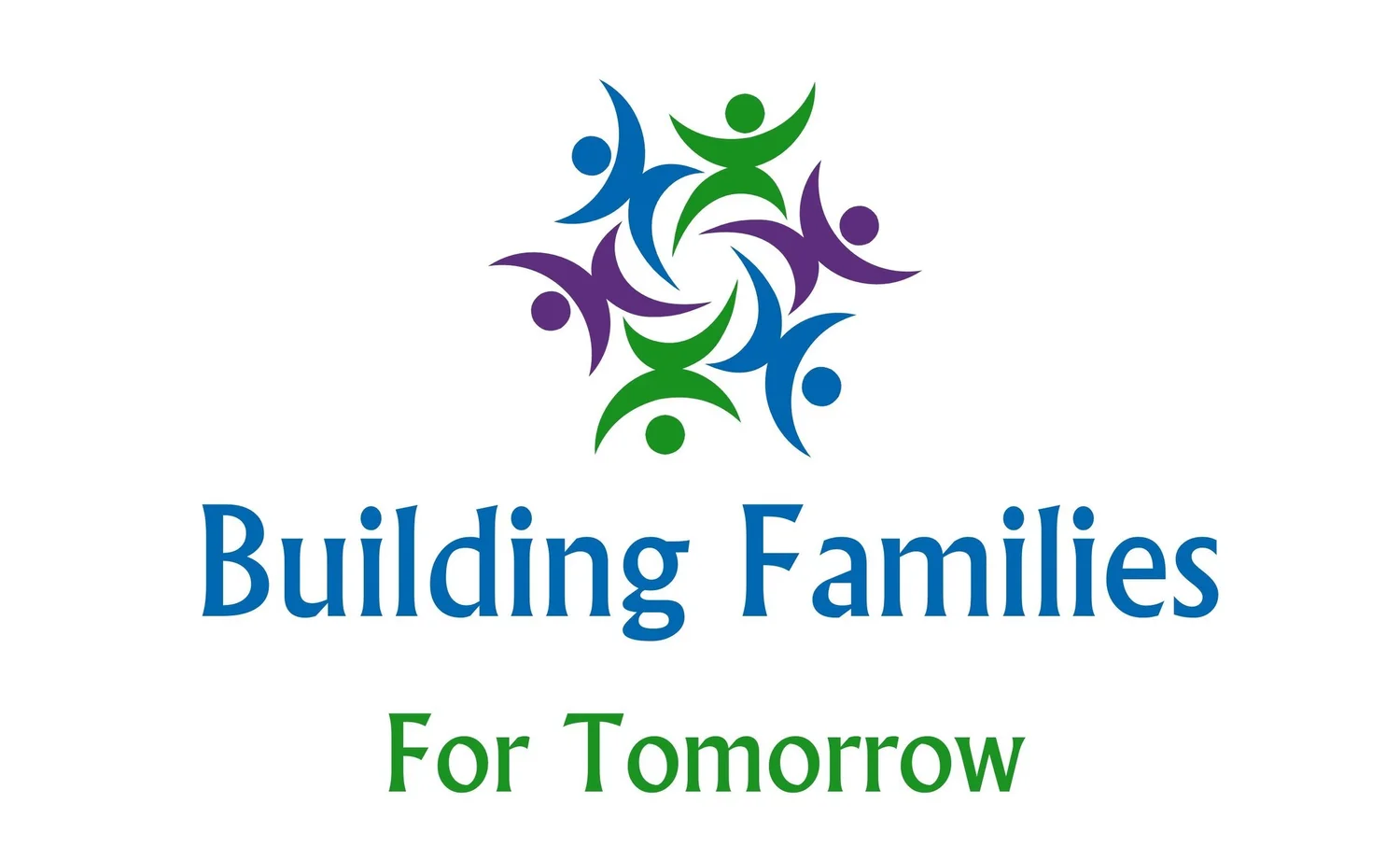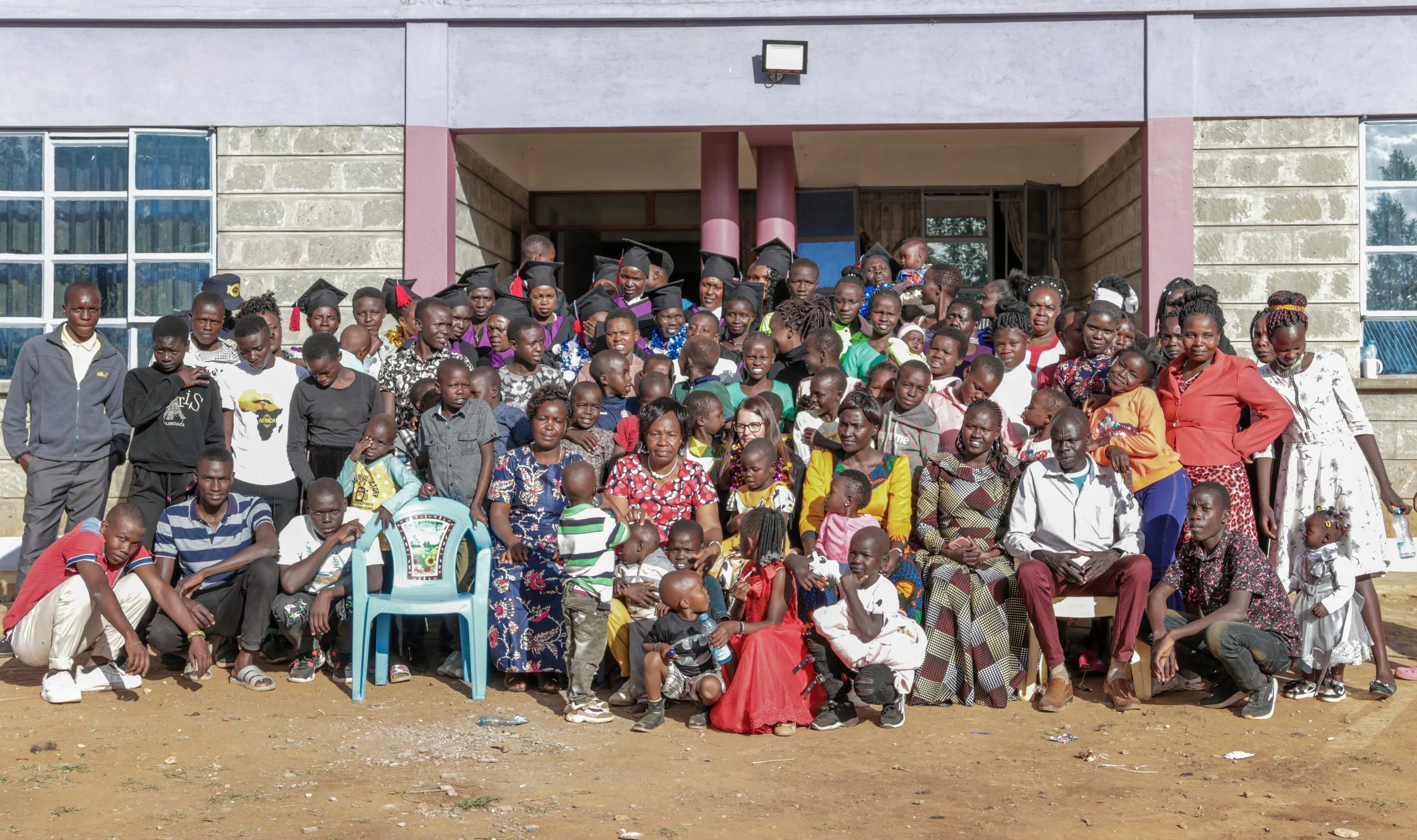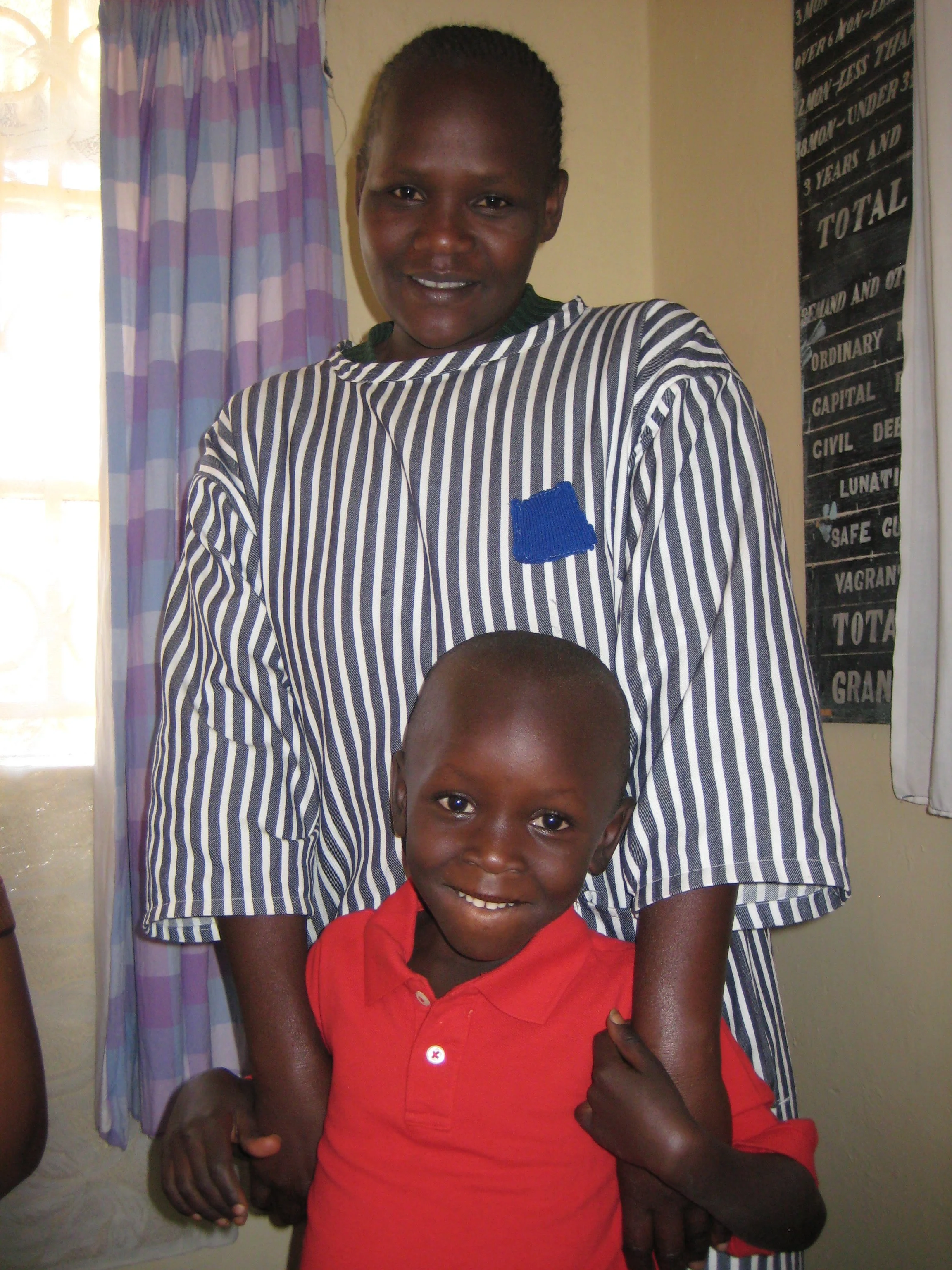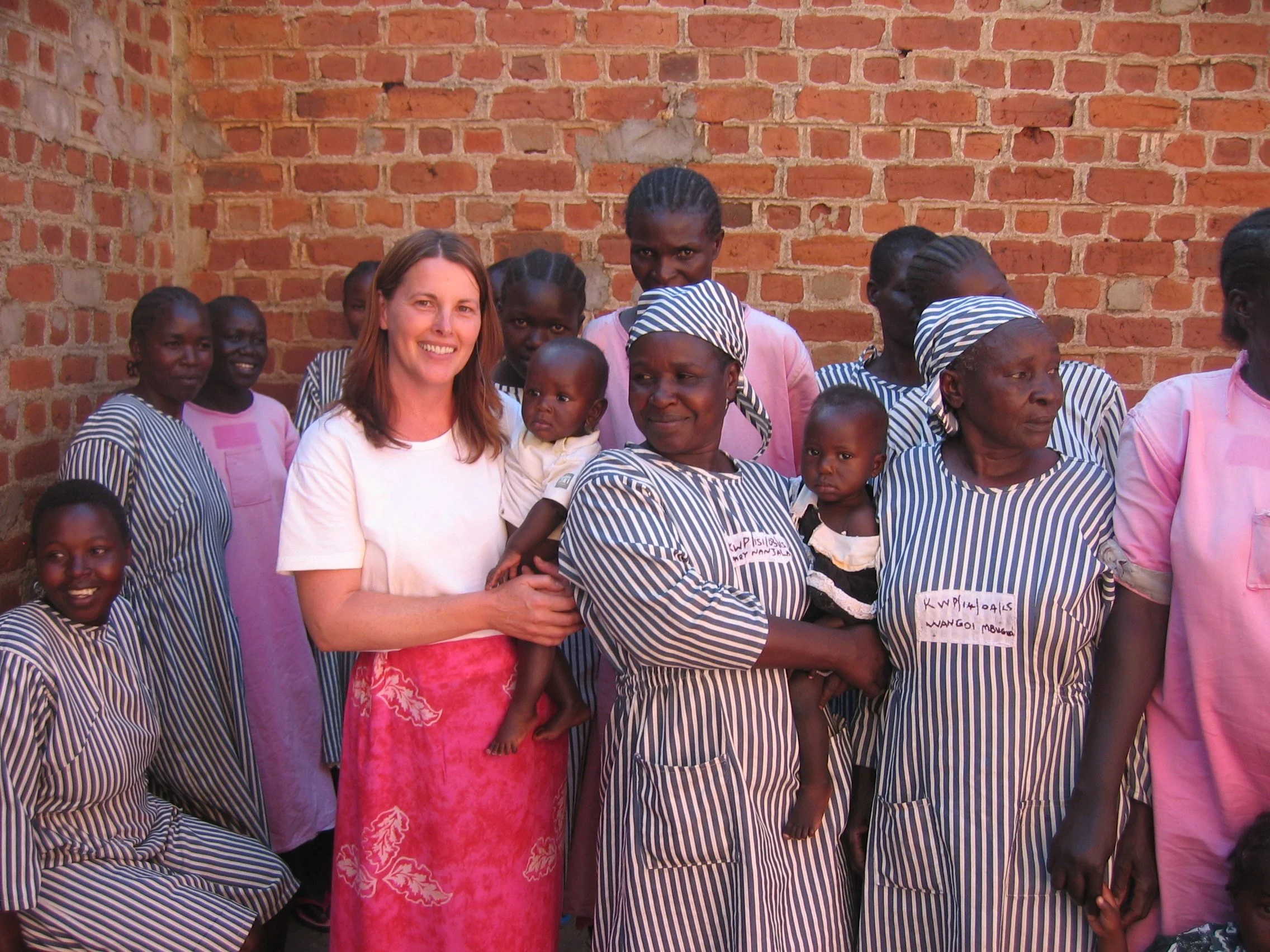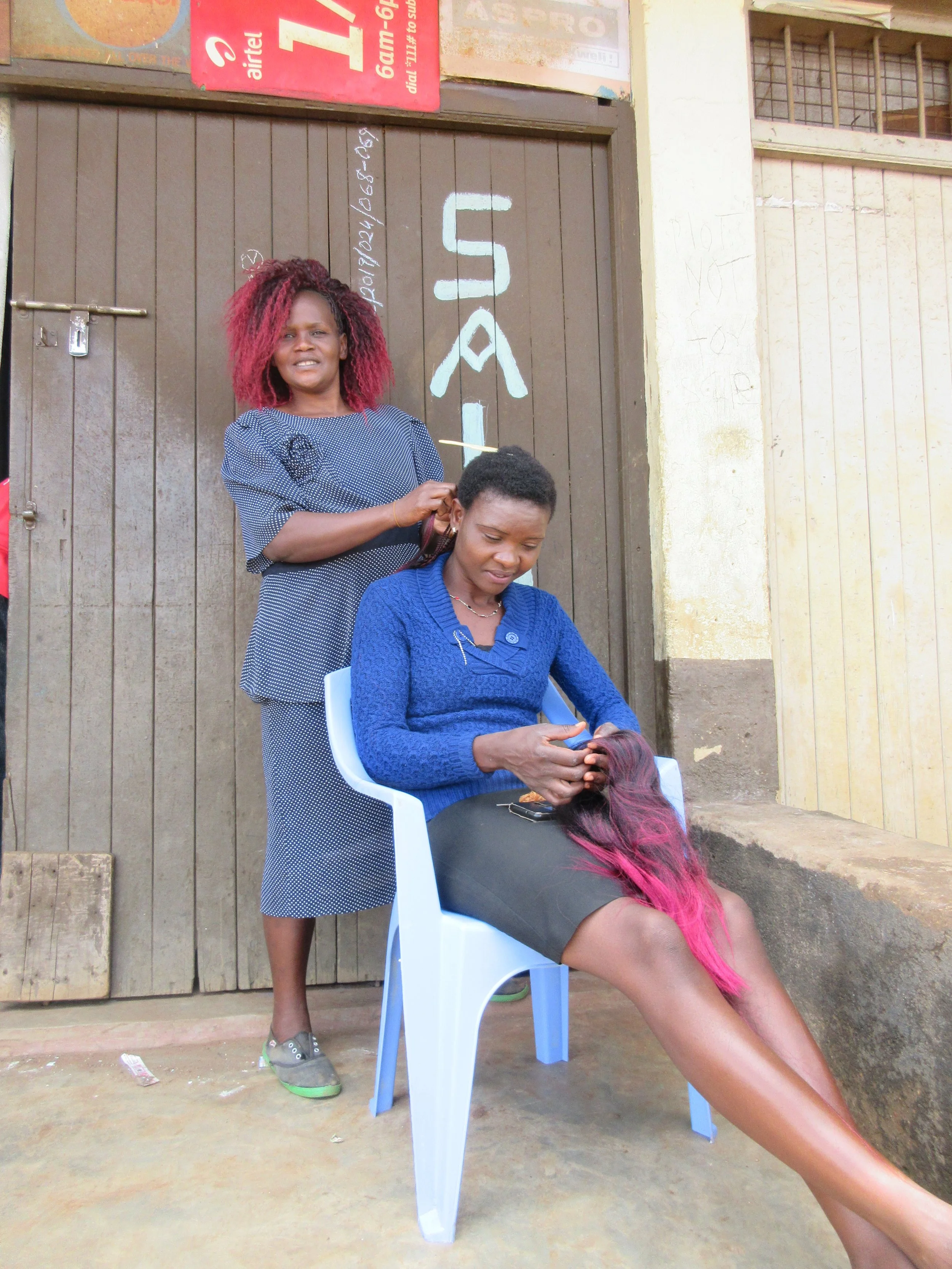Join Us in Making a Difference
The work that Building Families For Tomorrow does in Kenya is truly transformative. By providing a structured and supportive transition for women who have been incarcerated, BFFT addresses a number of significant challenges, including:
1. Addressing Incarceration and Stigma: A large percentage of women in Kenyan prisons are innocent of the crimes for which they’ve been accused, yet they must remain incarcerated until their cases go to court— a process that can take months or even years. Other women are imprisoned due to crimes committed out of desperation or poverty. Both groups face the same social stigma upon release, with limited options for rebuilding their lives. BFFT works closely with prison officials to identify women who are motivated to turn their lives around. Through this partnership, BFFT offers them a chance at rehabilitation, helping them reintegrate into society with dignity and purpose.
2. Support for Children: While their mothers are in prison, many children are left in vulnerable situations. They may be scattered among relatives, some of whom may be unwilling or unable to care for them, or they may end up on the streets. BFFT provides a safe and stable environment for these children, ensuring they receive proper education, healthcare, and emotional support. This gives the children a sense of stability and hope, even during such a challenging time.
3. Rehabilitation and Skills Training: Upon their release, women are provided with a nurturing environment where they can learn valuable skills, including trade proficiency and basic business management. This training is designed to empower the women to become self-sufficient, enabling them to support themselves and their children. BFFT’s program helps women regain their independence and start their own small businesses, while continuing to nurture their personal development and growth.
4. Community and Family Reintegration: Once women complete the BFFT training program, the organization helps them set up a new home for their family by providing essential household items and support for starting a business. With continued assistance, including food, counseling, and other services for six months, women are empowered to re-enter their communities with a strong foundation. This support also helps them rebuild relationships with their families and communities, fostering a successful reintegration process.
5. Breaking the Cycle of Poverty and Incarceration: Through its efforts, BFFT helps break the cycle of poverty, stigma, and incarceration. By empowering women and supporting their children, BFFT restores their dignity and provides them with the tools and resources necessary to rebuild their lives. Ultimately, the initiative strengthens families and communities, offering a pathway to healing, growth, and long-term empowerment.
In this way, Building Families For Tomorrow offers hope for a brighter future, transforming the lives of women and children who might otherwise be caught in a cycle of poverty and social marginalization.
Our Mission
To help Kenyan women departing prison to transition back into society by empowering them with education, life skills training, and biblical discipleship, so that they can be reunited with their families and attain sustained independence.
Our Approach
Building Families For Tomorrow provides a means to bridge women coming out of prison with society as productive citizens. We work with Kenya Prison officials to identify women who have demonstrated a willingness to turn their lives around and are in need of a place to transition.
Prison officials recommend children in need of help while their mothers are in prison. Children are provided a safe home along with proper education, good nutrition, necessary healthcare and social support until their mothers are able to join the training program.
When released from prison, women live at the BFFT residential center for 6 months with her children. During this time, the women become proficient in a trade and learn basic business management. The children continue their education. After completion of the training program, BFFT helps the family to move into their own home by providing furnishings and household necessities in addition to the equipment and provisions required to establish the woman’s own small business. BFFT continues to provide monthly support of food, education and other items until she becomes financially independent in about 6 months. As a result, they are reintegrated with their communities and families.
How it all began…
The Beginning
In 2005, Jana O’Guin visited Kitale on a mission trip and was astonished by its abject poverty and the many street children begging for food and sniffing glue to self-anesthetize from the cold and pangs of hunger.
The mission team visited a men’s prison to deliver mosquito nets, basic necessities, put on a concert and share a message of Christ. Afterwards, Jana learned there was a women’s prison just on the other side of the wall but prison officials had “forgot” about them. These forgotten women tugged on Jana’s heart and she asked to visit them.
Inside the women’s prison, Jana discovered 75 women and 18 children living within its walls. Each woman could have one child with her until the child turned four years old. Yes, children are in prison!
Jana was allowed to speak with the women, shake hands, and even give some hugs. Most of the children were scared of her white skin since they had never seen a white person before. Many screamed if Jana got too close. However, one little boy about five months old, Augustine, allowed her to hold him as he played with her long hair. A bond was formed. Sadly, Augustine had been born in prison!
When prison children reach four years in age, they must leave. Augustine was sent to stay with reluctant relatives. Jana and her husband, Michael, learned that Augustine was severely malnourished and very sick. They intervened and arranged for him to be taken to the hospital for life saving treatment and then to live in a group home and attend a Christian school.
Jana and Michael discovered that Augustine had a sister who was one year older. Elizabeth’s “job” was taking care of her uncle’s house, including fetching firewood to cook with and toting water from the river, while her own basic needs of food, medical care and education were being ignored. Jana and Michael arranged for Elizabeth to join Augustine in the group home and attend school.
Jana recognized the importance of being in a family, so she found a family to take in the children and raise as their own. From these humble beginnings, the ministry has grown into what it is today.
The Inspiration
Augustine and Elizabeth’s mother, Nolega, was released from prison after serving 15 years. She came to know the Lord in prison as she saw how her prayers were answered in saving her children. She became the worship leader in prison and trained in salon work and tailoring.
When released from prison, Nolega had no place to call home, nowhere to sleep or even means to get food. She (and her children) had been rejected by her family because she had been in prison.
She had a very strong desire to serve the Lord. Some well wishers gave her a place to sleep and she got a job waiting tables in a small restaurant. She used what little money she earned to pay school fees for her older children that could not attend high school due to lack of school fees.
After watching her make good choices under very difficult circumstances, Jana decided to offer her some help in getting started in a new life in a world that had changed so much during her time in prison. She had the skills to start her own shop where she could have a salon and tailoring business. She and Jana located a place and Jana paid 6 months rent in advance ($30 per month) and bought her a few supplies to get started, a total of about $300. It gave Nolega the step up that she needed and she was able to create a successful business that provided for her and she was able to reconnect with her children and support them as well.
Jana realized that there were likely many other Kenyan women in the similar situation as Nolega and she was the inspiration for starting Building Families For Tomorrow. Today, Nolega is the Matron at BFFT, overseeing the children who’s mothers are currently in prison.
